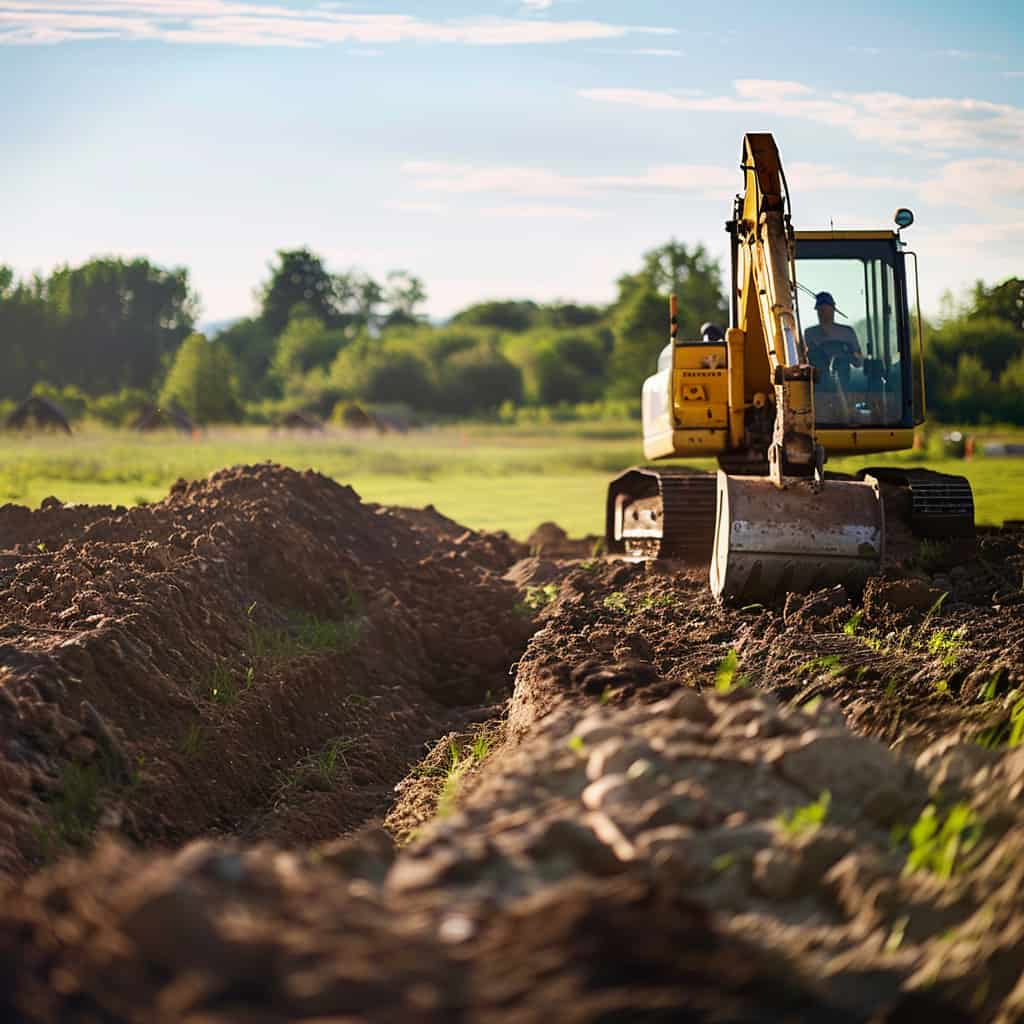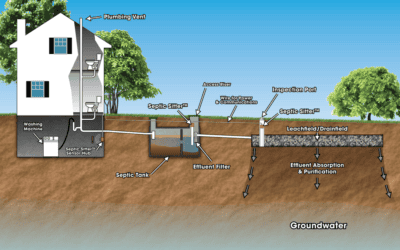The Importance of Hiring a Properly Insured Contractor
When embarking on a land management or excavation project, the stakes are high. Not only are you investing financially, but you are also placing your trust in the hands of contractors to bring your vision to life safely and efficiently. One of the most critical decisions you can make in this process is ensuring you hire a properly insured contractor. This safeguard protects you against unforeseen events, liabilities, and financial losses that could otherwise derail your project.
Working with uninsured contractors exposes you to a myriad of risks. In the worst-case scenario, accidents or damages occurring on your property could lead to substantial financial burdens, legal complications, and project delays. These setbacks can transform your dream project into a nightmare, emphasizing the paramount importance of contractor insurance.
Understanding the Risks and Worst-Case Scenarios
The lack of proper insurance can result in several dire consequences. Imagine a scenario where an uninsured contractor causes damage to your property or, worse, injury to a worker. Without liability coverage or worker’s compensation, you, the property owner, might be held responsible for the damages or medical expenses. This financial strain could significantly impact your project’s budget and timeline.
Essential Documents to Request from Your Contractor
To mitigate these risks, it’s crucial to request and verify specific documents from your contractor. These include:
- General Liability Insurance: Offers protection from financial loss due to injuries, accidents, or property damage.
- Worker’s Compensation: Covers medical expenses and lost wages for injured workers, ensuring you are not liable.
- Professional Indemnity Insurance: Protects against claims of negligence or failure to perform professional duties.
Requesting a Certificate of Insurance (COI) is a non-negotiable step in hiring a contractor. This document serves as proof of insurance, detailing the coverage types and limits. It’s advisable to consult with Elevated Land Management Solutions, renowned for their commitment to safety and excellence in land management and excavation. Ensure your project’s success by partnering with a contractor who prioritizes safety and is backed by comprehensive insurance coverage.
For more information on hiring the right contractor for your project, contact Elevated Land Management Solutions at 828-351-8999 or visit www.elevatedlms.com. Protect your investment by choosing a partner who understands the importance of proper insurance and risk management.
Ensure your land management or excavation project is in safe hands by choosing a properly insured contractor. Don’t hesitate to reach out to Elevated Land Management Solutions for expert guidance and insured contracting services.






